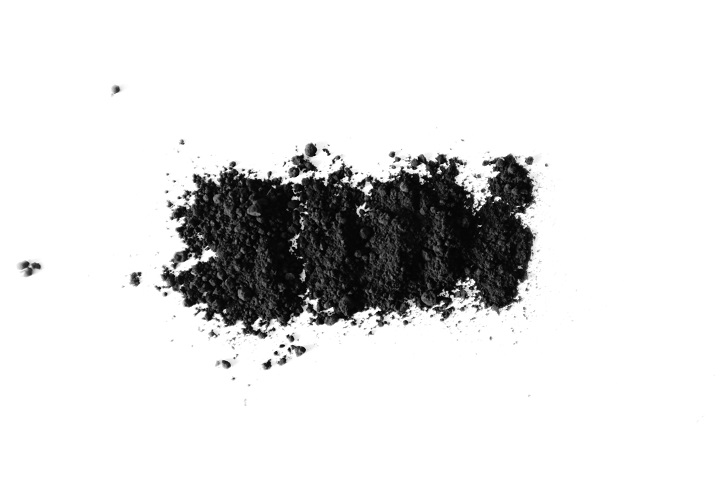Activated charcoal is a material that has gained popularity in recent years for its various benefits. This highly porous form of carbon is known for its ability to adsorb a wide range of impurities, including toxins and chemicals. In this blog, we will explore the history, production, and uses of activated charcoal, as well as its potential health benefits and side effects.
Activated charcoal, also known as activated carbon, is a form of carbon that has been treated with oxygen to make it highly porous and therefore capable of adsorbing (not absorbing) a wide range of chemicals and impurities. The term “activated” refers to the fact that the carbon has been heated at very high temperatures, which increases its surface area and makes it more effective at adsorbing chemicals.
Table of Contents
1. The history and production of activated charcoal
Activated charcoal has been used for centuries in various forms, dating back to ancient Egyptian times. The production of activated charcoal involves heating carbon-rich materials, such as wood, coconut shells, or peat, in the absence of oxygen. This process removes all of the volatile compounds and leaves behind a highly porous material with a large surface area.
2. The uses of activated charcoal
Activated charcoal has a wide range of uses, including environmental, medical, and personal care applications. It is commonly used in water filtration systems, air purifiers, and other applications where it is important to remove impurities from the environment. In medicine, it is used to treat certain types of poisoning or drug overdoses. Activated charcoal is also used in some beauty and personal care products, such as toothpaste, face masks, and shampoo.

3. The potential health benefits of activated charcoal
Activated charcoal is believed to have various potential health benefits, such as improving kidney function, reducing cholesterol levels, and relieving digestive issues. Additionally, it may help improve skin health and prevent acne by removing impurities from the skin. However, further research is needed to confirm these potential benefits.
4. The side effects of activated charcoal
While activated charcoal has many benefits, it can also have some side effects if used improperly. It can cause constipation, dehydration, and even interfere with the absorption of certain nutrients and medications. Therefore, it is important to use activated charcoal products only as directed and under the guidance of a healthcare professional.
Conclusion:
Activated charcoal is a versatile material with a wide range of potential benefits. While it has been used for centuries, its uses have expanded in recent years to include personal care and environmental applications. While there is still much to learn about the potential benefits and side effects of activated charcoal, it is clear that this material has many uses and has the potential to improve our lives in many ways.

